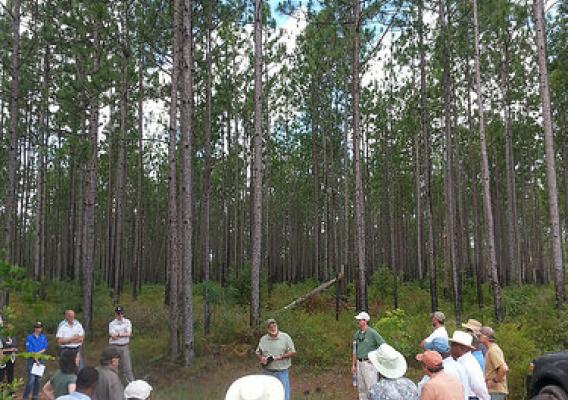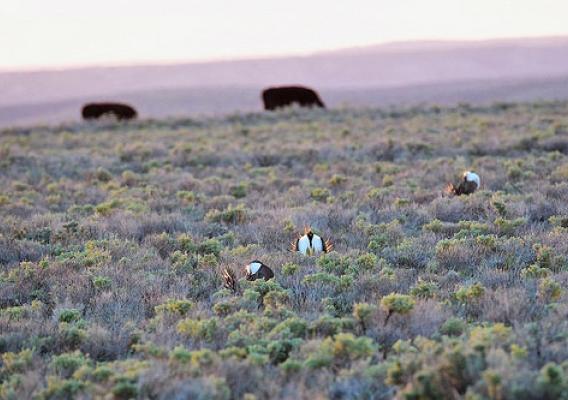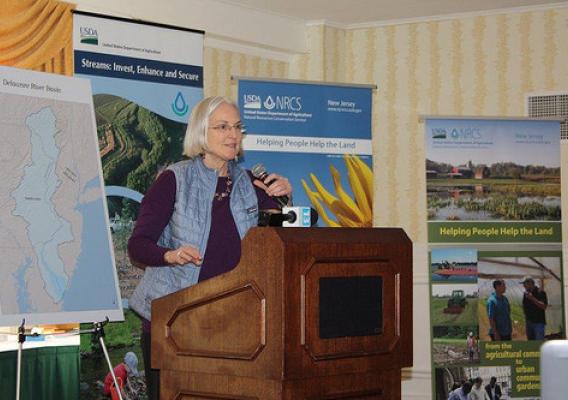This summer, 40 organizations from Michigan, Ohio and Indiana will work together to help agricultural producers reduce phosphorus runoff that ends up in the western Lake Erie basin, affecting water quality and contributing to algae blooms. This is an example of how the Regional Conservation Partnership Program (RCPP) can be used to solve natural resource challenges in a community, state or region. Eligible conservation coalitions nationwide have about a week to submit pre-proposals to improve soil health, preserve clean water, combat drought and protect wildlife habitat. The deadline is July 8th.
USDA is investing up to $235 million through RCPP to improve the nation's water quality, combat drought, enhance soil health, support wildlife habitat and protect agricultural viability. Created by the 2014 Farm Bill, RCPP empowers local leaders to work with multiple partners—such as private companies, local and tribal governments, universities, non-profit groups and other non-government partners—along with farmers, ranchers, and forest landowners to design solutions that work best for their region. Local partners and the federal government both invest funding and manpower to projects to maximize their impact. USDA’s Natural Resources Conservation Service administers RCPP.









